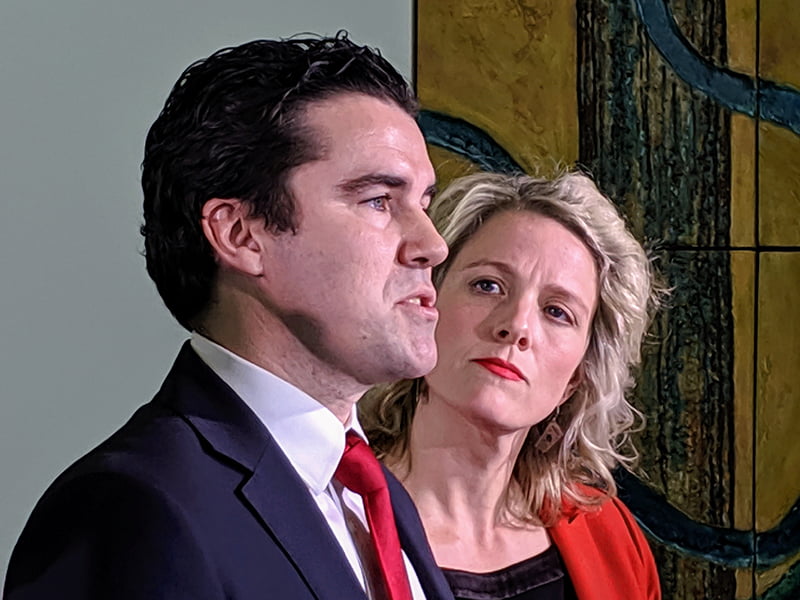Australia’s international and domestic cyber strategies will be integrated in the upcoming national strategy, with a renewed cyber diplomacy push seeking to make Australia the “partner of choice” for Pacific nations.
It puts an end to the former government’s practice of a separate international cyber engagement strategy led by the Department of Foreign Affairs. That strategy is now under review and its functions will eventually be integrated into the national cyber strategy.
But the role of Australia’s cybersecurity ambassador responsible for the international strategy will remain, with a new ambassador expected to be announced within weeks.

The need for more international engagement is noted as one of four key themes in the upcoming national cyber plan, which the Albanese government wants to steer Australia becoming the most cyber secure nation by 2030.
The new strategy is being developed within Home Affairs under Cybersecurity minister Clare O’Neil. But Tim Watts, who led Labor’s cyber portfolio in opposition, is providing input as Assistant Minister for Foreign Affairs.
Mr Watts has said Australia and other wealthy nations must do more to support pacific neighbours’ cyber resilience and response efforts, including sanctions on known offenders.
On Wednesday, he said Australia’s domestic and international strategies are being integrated into the single new national strategy, in part because of the increasingly global challenge of cybersecurity as more developing nations digitise.
“Pacific Islands governments understand that, as they increasingly digitalise and connect to the global economy, they are also increasingly exposed to cyber threats,” Mr Watts said in an address to the Australian Strategic Policy Institute’s Sydney Dialogue event in Sydney.
“We have come to find that, as nations become more reliant on these systems, cyber incidents can be similar in impact to a natural disaster.
“Whether a government IT system or a national emergency service provider has been taken offline by a cyclone or a ransomware attack, the cascading impacts on the people and communities relying on those systems is very similar.”
Mr Watts said both natural disasters and cyber incidents had devastated Pacific nations in recent months. In response to both types of incidents DFAT sent support teams to the countries.
“Responding to these [cyber] incidents didn’t require Chinook helicopters, assessment aircraft or LHDs, but the contribution these Australians made was huge,” Mr Watts said.
“They helped recover Pacific countries’ communication systems, payment systems, and citizen data after devastating ransomware attacks.
“These Australians brought ambulance services back online and ensured hospitals could continue to treat patients effectively.”
He said the upcoming national strategy is considering how Australia can build on these efforts to become the cybersecurity “partner of choice” for Pacific nations without encroaching on their sovereignty or suffering a brain drain.
“Australia needs to step up and streamline sustained, day to day resilience building efforts in the long term,” he said.
“And Australia can do more to provide targeted responses to cyber security incidents in our region.”
For the last several years Australia’s cyber engagement strategy for the Pacific has been directed by the DFAT developed International Cyber and Critical Technology Engagement Strategy and Cybersecurity Ambassador.
Labor was critical of the engagement strategy in opposition for a lack of meaningful action and of the delay by the Coalition in releasing it in 2021.
Inaugural ambassador Dr Tobias Feakin stood down from the role in January after six years. The government has sought to replace him but is yet to make an announcement.
InnovationAus.com understands a preferred candidate has been selected, with formal approval processes now being finalised.
Do you know more? Contact James Riley via Email.

